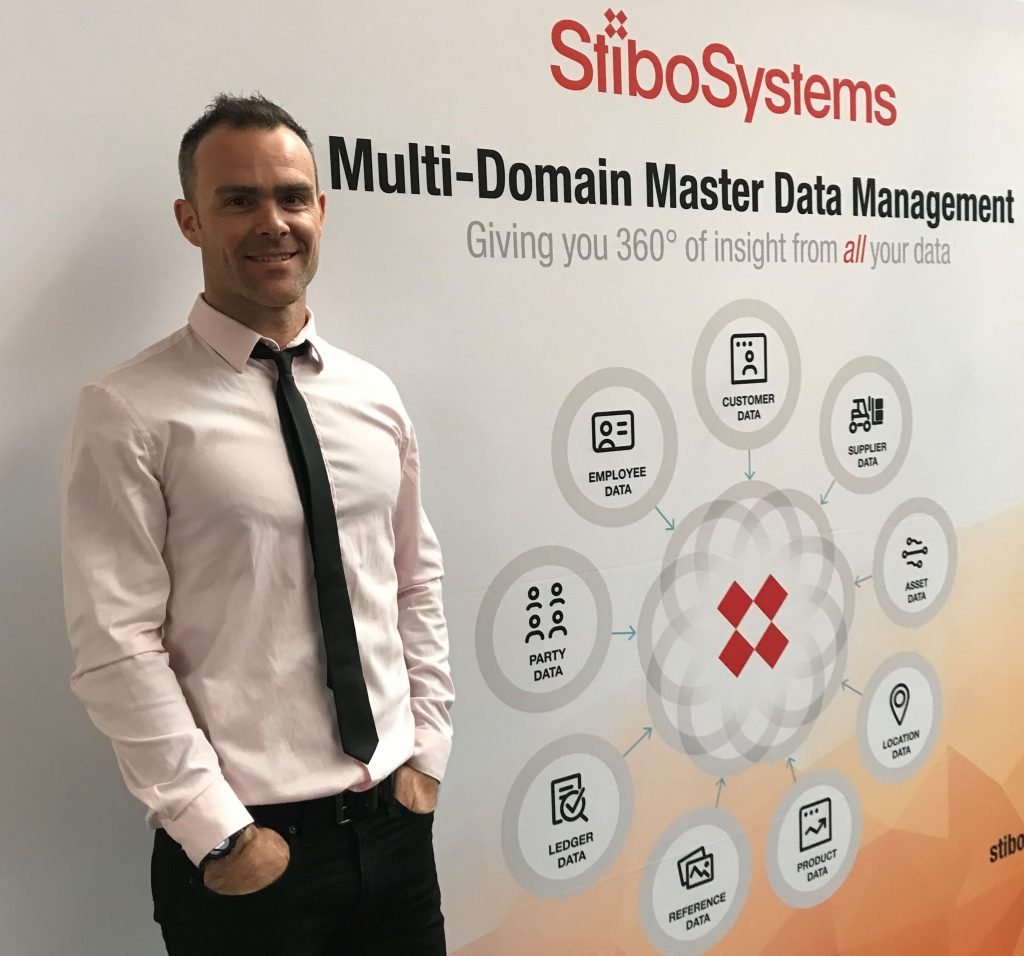Does your business consider data an afterthought? This was the question posed to the CDO of Dyson, Mridul Mathur, during a recent podcast.

Michael Lonnon, MDM Marketing Manager, Stibo Systems
Stibo Systems will be sponsoring the Virtual Master Data Management Summit & Data Governance Conference Europe co-located with the Enteprise Data & Business Intelligence and Analytics Conference Europe 2-5 November 2020
Here’s his response:
“If we’re supporting businesses with their ambition and long-term strategies, then being part of the yearly planning to make sure the data fundamentals are in place would be a success. We’d not be an afterthought. Businesses wouldn’t think of data as an afterthought. We’d work hand in glove with IT to solve data problems right next to the business.”
It’s an interesting perspective.
I particularly like the idea of data and business functions working side by side to achieve a common goal.
It creates a picture of mutual collaboration.
And for me this is important in creating a business led data culture.
A culture where it’s not the business vs IT, or IT vs the business …
One where IT doesn’t own the data …
Or one where business users don’t own the data …
But one where there is a shared ownership and responsibility for data.
Where data collaboration has become essential to all in working towards meeting business needs.
Mridul puts it this way:
“data ownership is not just about looking after the data and controlling it. It’s also about sharing across the organisation with the consumers of data. So that data adds value everywhere and not only in silo.”
And that’s the most important thing. Right?
That each group within the business pulls together for a single purpose.
IT, HR, finance, sales, marketing, customer service and R&D combining data. Sharing insight. And helping to propel the business forward. Together.
Very utopian.
But that’s the goal.
To create a culture where data is the first thought, not the last.
So, think about this for a second …
Why does the data function exist?
One could argue its only purpose is to unite data from across the organisation. You lay the foundation from which insight is uncovered that the business uses to make decisions with clarity.
You are, in effect, the key to business growth and success. Quite the responsibility I think you’d agree.
But the problem is, execs don’t always see the data function this way as Mridul explains.
“When I’m speaking to the CEO about the scope of the CDO role, they’re going to ask me to make sure good quality data is available in a timely fashion and well protected.”
All important, but this doesn’t offer scope to consider the connected needs of the business.
In this case it’s seen as more of a tactical support function.
If you were to find your role defined in a similar way, Mridul has some useful advice:
“On day one, sit down with your business leader and ask them, what are the data challenges you’re facing? What are the data challenges you would like me to solve? My advice would be to go in there with the mentality that you’re going to work with the business to establish a very clear set of priorities. A clear mandate that you can play back to them and agree.”
His feeling is that data is no longer seen as an afterthought.
And it’s his belief that business executives are beginning to understand its value.
But the likelihood is you won’t hear them asking you to create a data culture …
Or implement data governance …
Or build a master data management platform. At least not any time soon.
So, tune your language to that of your audience.
Don’t talk data management, speak business value.
And get yourself a seat at the yearly planning table. For more insights from Mridul check out the podcast here.
For two decades Michael has helped businesses find solutions to a variety of challenges. Today, those challenges focus on how to extract value from your master data. If you want to talk about how to do this, and how you can develop a more inclusive data culture, please email Michael at michael.lonnon@stibosystems.com.
Copyright Michael Lonnon, MDM Marketing Manager, Stibo Systems


